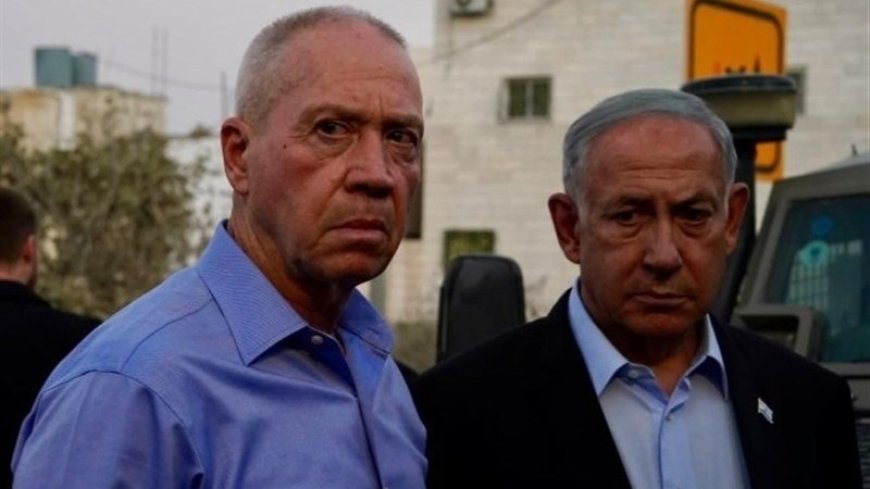Gaza's Resistance: A Complication in Netanyahu's Plan
Israeli Prime Minister Benjamin Netanyahu has struggled more and more recently in trying to quell Palestinian opposition. Israel's sophisticated military might and intelligence system notwithstanding, the Palestinian resistance—especially that of Hamas—remains a great challenge. An article in Raialyoum emphasizes this continuous fight and demonstrates Israel's incapacity to reach its goals in Gaza.

Israeli Prime Minister Benjamin Netanyahu has struggled more and more recently in trying to quell Palestinian opposition. Israel's sophisticated military might and intelligence system notwithstanding, the Palestinian resistance—especially that of Hamas—remains a great challenge. An article in Raialyoum emphasizes this continuous fight and demonstrates Israel's incapacity to reach its goals in Gaza.
The paper claims that despite Israel's enormous military might, modern security agencies, and advanced technologies, Netanyahu's original plan to quell Palestinian opposition inside a year has collapsed. Rather, Gaza's defenders display the fortitude of the resistance forces by still opposing and even attacking Tel Aviv, therefore demonstrating their will.
Hamas: An Army Not Ignorable
Labeled by Raialyoum as an active military force, Hamas has been ingrained in Gaza despite Israel's ongoing offensives. Two well-known experts, Amina Mahfar and Nasser Khazour, point out that the organization keeps challenging Israeli forces even when Israel spends substantially in military operations meant to neutralize it.
A Washington Post article highlighted Hamas's vast network of subterranean tunnels, which adds to its staying force. About 500 kilometers long, these tunnels are bigger than the New York City subway system and are essential infrastructure for the resistance as they allow militants to avoid land assaults and bombing. The research claims that these tunnels provide Hamas strategic mobility and the capacity to carry out operations well inside Israeli territory, spanning lengths akin to the travel from Tel Aviv to southern Turkey.
Can Netanyahu declare victory? The question of defeat.
Under growing pressure, the situation begs a crucial question: would Netanyahu announce a ceasefire before owning defeat? Although the Israeli government has always presented its military actions as required to eradicate threats, Raialyoum contends that the resistance forces have not only survived but could be gathering momentum.
This results in conjecture about Gaza's future. Every escalation tends to increase the likelihood of a more long-lasting war. Little progress has come from international diplomatic initiatives; Gaza's humanitarian situation is worsening and the area is still unstable. The long-term fate of the fight is in flux as Netanyahu negotiates domestic political pressure as well as outside military concerns.
Combining the resiliency of the resistance forces with the shortcomings of Netanyahu's military plan begs difficult issues regarding the viability of the Israeli rule. As Raialyoum points out, the result could not be only about who wins the conflict but also about whether peace is even possible given the present situation.













































